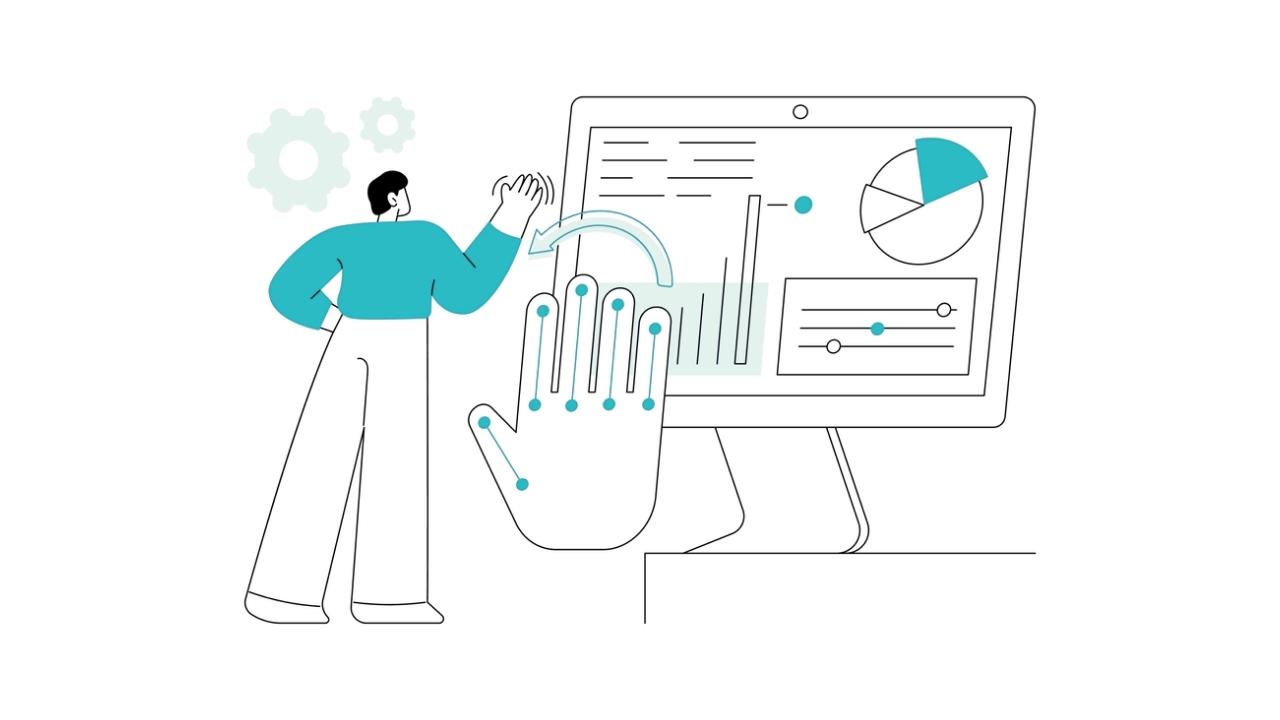
Discover the challenges and opportunities presented by artificial intelligence (AI) and its growing impact on human life. Explore the ethical considerations, automation, and more in this in-depth analysis of the future of AI.
Artificial Intelligence (AI) is a rapidly growing field that is transforming the way we live and work. While there are many benefits to using AI, such as improved efficiency and accuracy, it is also raising concerns about the potential impact on human life. In this blog, we will explore some of the effects that AI is having on our society, both positive and negative.
First, let's look at some of the positive effects of AI. One of the most significant benefits is the ability to automate tedious and repetitive tasks. This can save companies time and money, and also free up employees to focus on more creative and high-level work. In the medical field, AI is being used to help diagnose and treat diseases, as well as to develop new drugs and treatments. AI can also improve the accuracy of scientific research and analysis, leading to new discoveries and innovations.
However, there are also some negative effects of AI that are causing concern. One of the biggest fears is that AI could replace human jobs, leading to mass unemployment and social unrest. This is especially true in fields such as manufacturing, transportation, and customer service, where many jobs are already being automated. There is also concern about the potential misuse of AI, such as using it for surveillance or warfare, and the impact this could have on privacy and security.
Another issue is that AI algorithms are only as good as the data they are trained on. If the data is biased, the algorithms will also be biased, which could lead to discrimination and inequality. This is already happening in some areas, such as facial recognition software, which has been found to be less accurate for people of color and women.
So, how can we ensure that the effects of AI are positive rather than negative? One key factor is to make sure that the development and implementation of AI is ethical and transparent. This means involving diverse stakeholders, such as scientists, policymakers, and members of the public, in the decision-making process. It also means being aware of the potential risks and taking steps to mitigate them, such as by developing regulations and standards for AI.
In conclusion, AI is a powerful tool that has the potential to transform our world in both positive and negative ways. It is up to us to ensure that the effects are beneficial and that we use AI to make the world a better place for all of us. By being aware of the potential risks and taking steps to address them, we can ensure that AI is used ethically and responsibly, and that it has a positive impact on human life.